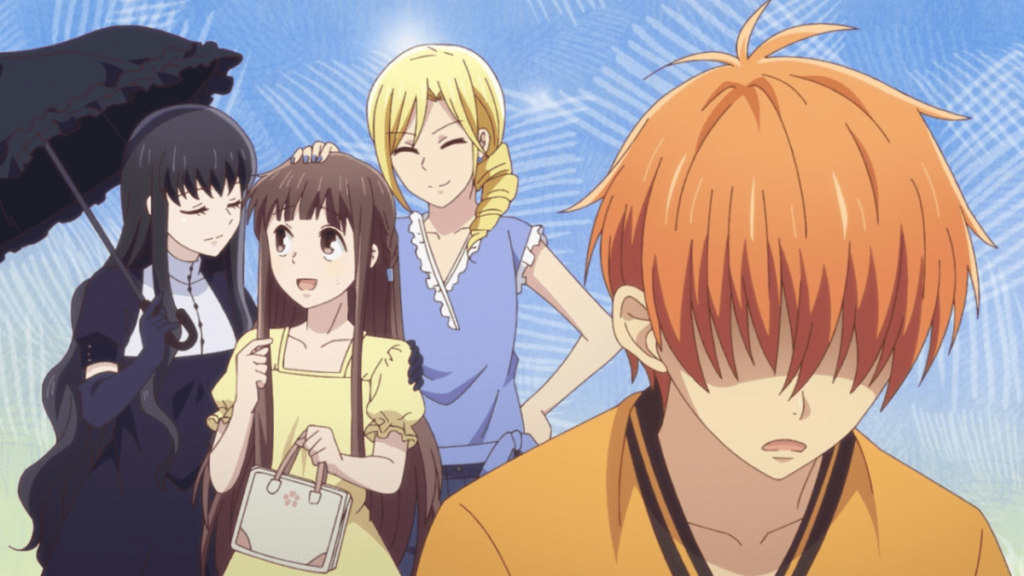When ‘Fruits Basket’ debuted its first anime back in 2001, it was just the beginning of a journey that would culminate in its spectacular resurgence in 2019. Natsuki Takaya’s manga masterpiece quickly captured the hearts of shojo enthusiasts, establishing itself as a quintessential series in the genre known for its appeal to young women.
The 2019 adaptation of ‘Fruits Basket’ not only revitalized the beloved story but also propelled it to new heights of acclaim and popularity. Unlike its predecessor, this rendition attracted a broader audience beyond the typical shojo demographic, earning admiration from viewers of all ages and backgrounds.
Also Read: ‘Pluto’ Review: Why You Should Be Watching This Series Right Now
At its core, ‘Fruits Basket’ revolves around the endearing tale of Tohru Honda, a high schooler who finds herself living with the enigmatic Soma family after a tragic loss. What sets this series apart is its charming premise: members of the Soma clan transform into zodiac animals when embraced by the opposite gender, leading to a myriad of comedic and heartfelt moments.
From the adorable interactions between the zodiac animals to the recurring themes inspired by the Chinese zodiac, ‘Fruits Basket’ seamlessly weaves symbolism into its narrative. Characters like Kyo Soma, the zodiac cat, undergo profound character development, shedding light on deeper issues such as exclusion and acceptance.
Central to the series is Tohru’s unwavering compassion and determination to break the Soma family’s curse, showcasing her as one of shojo’s most genuine and selfless protagonists. Despite grappling with themes of trauma, loss, and abuse, ‘Fruits Basket’ maintains a delicate balance of humour and emotion, resonating with audiences on a profound level.
Moreover, the series tackles heavy topics with sensitivity and realism, allowing characters to navigate through grief, heartbreak, and self-discovery. Yet, amidst the trials and tribulations, ‘Fruits Basket’ never loses its whimsical charm, infusing romance and lightheartedness into its narrative.
One of the series’ standout features is its portrayal of a love triangle, offering a refreshing take on a familiar trope. Unlike traditional narratives, ‘Fruits Basket’ concludes with all characters finding genuine happiness, culminating in a satisfying and heartwarming finale.
